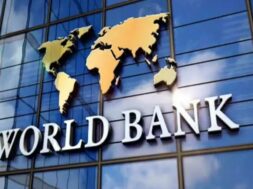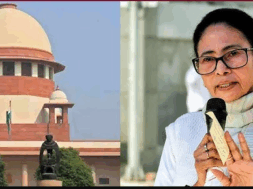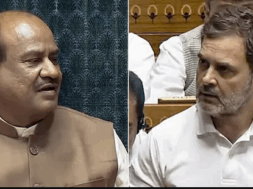
Global economy: World Bank slashes growth forecasts to just 1.7% in 2023
Virendra Pandit
New Delhi: Painting a gloomy picture for 2023, the World Bank has slashed its growth forecasts for most countries and regions, and warned that new adverse shocks could tip the global economy into a recession.
Global GDP will probably increase only 1.7 percent this year, about half the pace forecast in June 2022, the Washington-based international lender said. That would be the third-worst performance in the last three decades or so, after the contractions of 2009 and 2020.
The Bank also cut its growth estimates for 2024 and said persistent inflation and higher interest rates are among the key reasons, as it also cited the impact of Russia’s invasion of Ukraine and a decline in investment.
“The crisis facing development is intensifying” and the setbacks to global prosperity will likely persist, World Bank President David Malpass said in a Foreword to the Bank’s semi-annual Global Economic Prospects report.
He said GDP in emerging markets and developing economies at the end of next year will be about 6 percent below the level expected on the eve of the Covid-19 pandemic.
The lender said that spill-overs from a period of pronounced weakness in the US, China, and the European Union are exacerbating other headwinds faced by poorer nations. While inflation is moderating, there are signs that pressures are becoming more persistent, with central banks having to raise interest rates faster than expected.
“The combination of slow growth, tightening financial conditions, and heavy indebtedness is likely to weaken investment and trigger corporate defaults,” the WB said. “Urgent global action is needed to mitigate the risks of global recession and debt distress.”
The global lender, which is reviewing its operational model, advocated a focus on the following areas, given limited policy space:
- National policymakers must ensure that any fiscal support is focused on vulnerable groups;
- Inflation expectations need to remain well-anchored, and
- Financial systems must continue to be resilient.
The Bank called for a “major increase” in investment for developing nations, including new financing from the international community and from the repurposing of existing spending, such as inefficient agricultural and fuel subsidies.
“Even though the world is now in a very tight spot, there should be no room for defeatism,” Malpass said. “There are significant reforms that could be undertaken now to strengthen the rule of law, improve the outlook and build stronger economies with more robust private sectors and better opportunities for people.”













